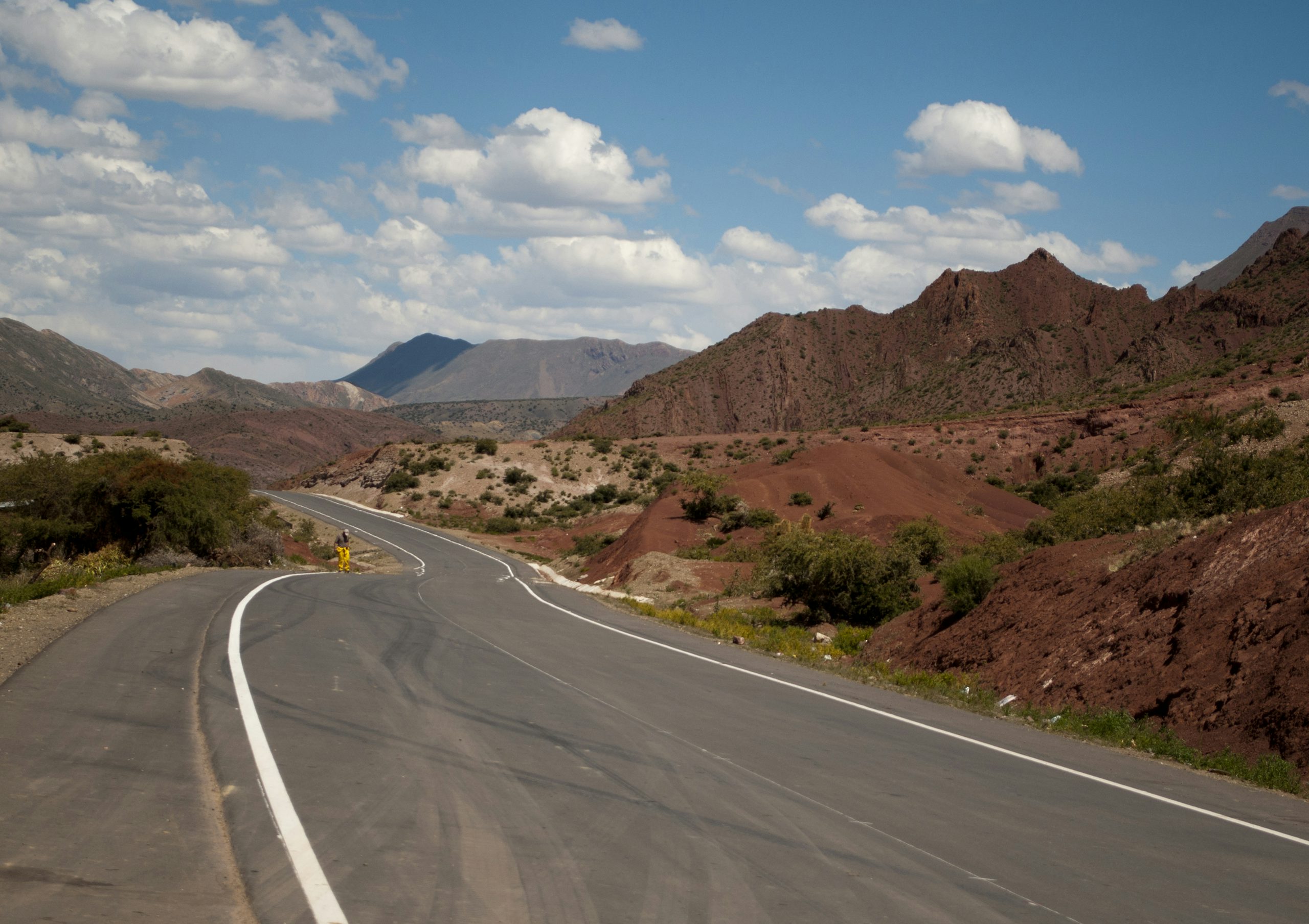The estimated number of road traffic deaths per 100,000 population, according to the World Health Organization’s Global Health Observatory data repository and OECD.

The World's
SAFEST ROADS
Which countries are the safest to drive in?
Road safety can depend on many different factors, from seat belts to road conditions and traffic related injuries.
Driving in Australia might seem safe, however an estimated 1200 people fall victim to road traffic fatalities in Australia each year.
One factor which might impact driving safety is where you live. Zutobi analysed countries across the world based on indicators including motorway speed limits, blood alcohol concentration limits for drivers and road traffic death rates, to determine the world’s safest and most dangerous countries to drive.

Changes since last year
The world’s safest countries for driving this year have seen little change from the previous year. For the fourth year in a row, Norway is the safest country in the world for driving, while runner-up Iceland ranked in last year’s top five safest countries. Japan rose into the top five countries with the safest roads, up to the third place compared to last year.
The most dangerous countries for driving have remained consistent since last year, with the three most dangerous seeing no change. However, Bosnia and Herzegovina saw its road traffic death rate increase by over 86%, from 7.35 to 13.7 per 100,000 people, while a number of countries saw their rates improve, particularly Malaysia (from 22.5 to 13.9 per 100,000 people).
The average number of estimated road traffic deaths per 100,000 across all countries has decreased since the previous year from 8.9 to 6.3, while there has been no change in national speed limits and blood alcohol concentration limits in each country.
If you want to read last year’s report you can download it here: The World's Safest Roads 2023, The World's Safest Roads 2022, The World's Safest Roads 2021
The World’s Most Dangerous
Countries to Drive
The World ’s
Safest & Most Dangerous Roads
The Country With The Highest...

Road traffic death rate:
THAILAND
25.4 per 100,000 population
Thailand has the highest amount of road traffic related deaths per 100,000 people out of all the countries we looked at. There are an estimated 25.4 road traffic deaths per 100,000 of the population.

Motorway speed limit:
GERMANY
None
Germany is the only country in our study that does not impose a motorway speed limit for cars. The recommended speed limit on the Autobahn is 130km/h, however this is often ignored by drivers.

Seat-belt wearing rate:
FRANCE
99.4%
France is estimated to have the highest rate of front seat-belt usage in the world, at 99.4%.

Rate of alcohol related road traffic deaths:
SOUTH AFRICA
57.5%
The risk of a drink driving related fatality is highest in South Africa. South Africa has the highest amount of alcohol related road traffic deaths, at 57.5%.

Blood alcohol concentration limit for drivers:
MALAYSIA,
UNITED KINGDOM,
GUYANA,
UNITED STATES
0.08% g/dl
The UK, USA, Malaysia and Guyana are the countries most relaxed in their legal BAC limit for drivers. These countries permit drivers to have a BAC level of 0.08%.
The Country With The Lowest...

Road traffic death rate:
NORWAY
1.5 per 100,000 population
Norway has the least amount of road traffic related deaths per 100,000 people. There are an estimated 1.5 road traffic deaths per 100,000 and the number has decreased by 1.35% since last year's data.

Motorway speed limit:
BOLIVIA
80 km/h
Ranking 11th overall, Bolivia is the country with the lowest maximum motorway speed limit for cars. The national speed limit is 80km/h.

Seat-belt wearing rate:
BOLIVIA
3.5%
Bolivia is estimated to have the lowest rate of front seat-belt usage in the world, at just 3.5%. There is no national law requiring the use of seat-belts in the country and very few people report wearing one.

Rate of alcohol related road traffic deaths:
MALAYSIA
0.1%
Malaysia has the lowest amount of alcohol related road traffic deaths, at just 0.1%. While the majority of Malaysia’s population is Muslim, the sale of alcohol to non-Muslims is permitted, and the BAC limit for drivers is 0.08%.

Blood alcohol concentration limit for drivers:
HUNGARY,
CUBA
0% g/dl
Czechia, France, Germany and Japan are estimated to have the highest rate of front seat-belt usage in the world, at 98%.
Methodology
Each country was analysed based on the following five factors. Each country was given a normalised score out of ten for each factor, and an average score was calculated across all five factors.
Estimated road traffic
death rate
Maximum motorway
speed limit
The maximum speed limit for cars on motorways in kilometres per hour was sourced from Wikipedia.
Seat-belt
wearing rate
An estimate of the percentage of car occupants across both sexes who use a seat belt while traveling in the front of a vehicle was taken from the World Health Organization’s Global Health Observatory data repository, UK Department of Transport and European Road Safety Observatory.
Road traffic deaths attributed to alcohol
An estimate of the proportion of road traffic deaths which have been attributed to alcohol (over the national legal limit), according to the World Health Organization’s Global Health Observatory data repository.
BAC limit for drivers
The national maximum legal Blood Alcohol Concentration level for the general population (limits for young/novice drivers and professional/commercial drivers may be higher), according to the World Health Organization’s Global Health Observatory data repository.





